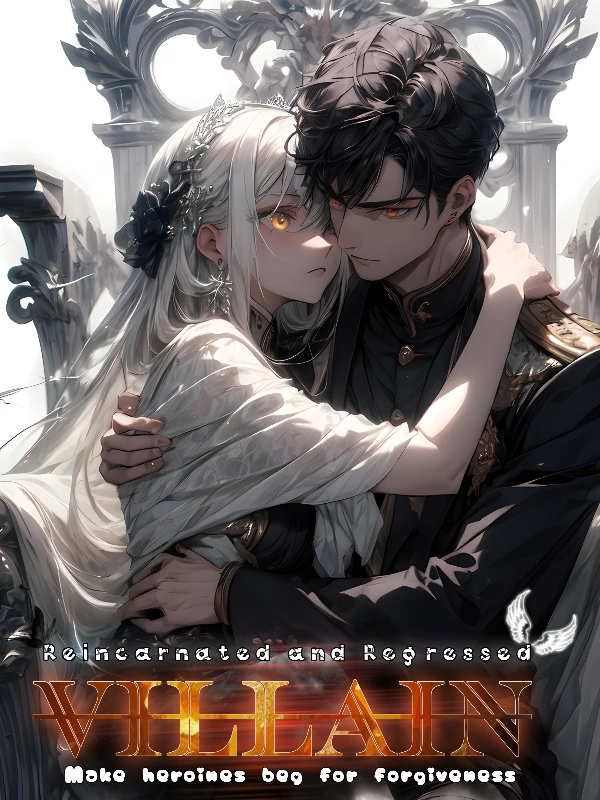Zeus sat upon his throne, his gaze stern and unwavering, peering through the divine veil that allowed him to glimpse the mortal realm. He watched the ravaged state of Lyrnessus, smoldering and broken under the merciless hands of the Greeks, their victory casting a shadow over all they had conquered. Once, in his youth, such scenes of destruction and bloodshed would have ignited a thrill in his godly veins, stirring the wild joy of battle within him. But time had aged him, deepening his wisdom, and his heart now longed not for chaos, but for peace—a peace he had fostered carefully across the vast world he controlled. Yet that fragile calm had shattered, all because of a single woman.
Helen of Sparta—or Helen of Troy, as she was now called.
Zeus felt no anger toward her. Despite the unraveling of the world around her, she remained above reproach in his eyes. She was, after all, his daughter, born from his union with the Aeolian princess, Leda. The soft glow of fatherly affection clouded his judgment, rendering it impossible to hold Helen responsible for the war’s catastrophic course. She had not willingly chosen to abandon Menelaus and the life she had known. Zeus understood, or thought he understood, her heart. If she had truly desired to be with Paris, he would never force her to return.
Of course, his perception was a misunderstanding. Aphrodite’s influence had brought Helen to Troy, her love-giving girdle casting an irresistible allure over Paris. Yet, Helen’s divine lineage—Zeus’s blood—had partially shielded her from the full power of Aphrodite’s spell. Its effects had worked just enough to draw her to Troy, binding her with unnatural loyalty, only for her to awaken from its haze and realize the course of fate had already set its path, one she could no longer escape.
The same went for Zeus. The gods of Olympus were split, each compelled by their own loyalties, ambitions, and rivalries, and now stood divided, most having chosen their sides in the mortal conflict. His queen, Hera, and his beloved daughter, Athena, stood resolute in their support of the Greeks, their motivations entangled with vengeance, pride, and a fierce desire for justice. On the other hand, Apollo and Artemis, his twin children whom he cherished just as deeply, had pledged themselves to the Trojans, their sympathies stirring from bonds forged over centuries with those who had devotedly worshipped them.
Both sides clamored for Zeus’s endorsement, each knowing that his support would grant them certain victory. Yet he remained immovable in his neutrality. The mortals on both sides revered him, and he would not betray that faith, nor would he abandon his daughter, Helen, to whatever retribution the Greeks might devise should she fall into their hands. He had seen Menelaus’s simmering rage and knew it well; the man’s desire to reclaim his honor could push him to unfathomable cruelty.
“Hermes, are you worried about Helen, father?” Hermes asked, his tone light yet perceptive, a knowing smile playing at his lips. He had always been skilled at reading Zeus’s moods; centuries spent at his side had made him attuned to his father’s most subtle expressions.
Zeus, however, remained silent, his gaze fixed somewhere distant, burdened by thoughts he did not share. The silence stretched between them, but Hermes waited, undeterred.
“Don’t worry, Father,” Hermes finally continued with a reassuring smile. “Nothing will happen to our beautiful half-sister under my watch. If Helen’s truly in danger, I’ll make sure she’s safe.”
Zeus let out a slow breath, shaking his head, his expression turning somber. “If it is her destiny to perish in Troy, or to return to Menelaus’s side, a god’s interference will do little to change it.” His voice was resolute, carrying the weight of divine knowledge.
For all his power, Zeus harbored a deep, unspoken respect for the Moirai—the Fates, whose threads wove every life’s course. Even he, the mighty King of Olympus, could not entirely escape the web they spun. Though he feared little in the cosmos, the unseen hands of fate gave him pause, for perhaps they had even woven his own end into their endless loom.
Hermes considered his father’s words carefully. While he respected the Moirai, he doubted saving Helen would truly bring their wrath upon them. Gods could bend many rules to protect their own, after all. But he could sense his father’s worry—this was no ordinary mortal affair. There were laws, ancient and immutable, and in the wrong moment, a misstep could lead even a god to ruin.
Of course, if Zeus witnessed Helen on the brink of death, he might disregard those laws without hesitation. But for now, he was cautious, leaning away from intervention. Ending the war entirely would be the ideal solution, Zeus knew. Yet stopping a war set aflame by pride, vengeance, and prophecy was no simple task.
A burst of laughter broke his contemplation as Hera, Zeus’s strikingly beautiful wife, entered the hall with a mischievous sparkle in her eyes. “Did you see Artemis’s face? Utterly frustrated!” she chuckled, a wicked smile brightening her countenance.
Behind her, Athena, the fierce goddess of wisdom and war, strode in confidently, her bronze-tipped spear still gripped in hand. She smirked, the corner of her mouth lifted in delight. “My focus was on Apollo. Our dear half-brother didn’t carry his usual smugness this time,” she commented dryly, referring to their recent encounter and the scenes of ruin they had observed in Lyrnessus.
Zeus sighed inwardly, catching the glint of amusement in their eyes as they shared tales of the chaos below. “Clearly,” he thought with mild exasperation, “they won’t be the ones to stop this war…”
Just then, a warm chuckle resonated from the large table that filled the center of the hall. Dionysus, the god of wine, reclined in his seat with an air of relaxed cheer, his goblet full of sweet, red wine. He grinned at Hera, raising his glass in a toast. “You seem in fine spirits, Queen Hera,” he remarked, his laughter lilting as he took a deep, satisfied sip.
Hera’s laughter faded instantly when her gaze landed on Dionysus, her expression darkening into a scowl. Her disdain for Zeus’s children born of his unfaithfulness was a heavy, seething undercurrent in her heart, and it showed. Only a few, like Athena and Hermes, had escaped her wrath. Athena was the daughter of Zeus’s first wife, even before Hera’s time, and Hermes, well—he was amusing and useful enough to tolerate. Despite the occasional rivalries with Athena, they currently shared a strong bond, united in their support of Agamemnon’s campaign against the Trojans.
But Apollo and Artemis? They were different. Born of Zeus and the detested Leto, they embodied everything Hera loathed. Her hatred toward Leto had only intensified upon learning that Zeus had gifted her with these twins. Now, that loathing extended tenfold to Apollo and Artemis themselves. And Dionysus? The disdain simmered deeper, for he, too, was the child of yet another human princess, yet another reminder of Zeus’s infidelities. Although Dionysus had reached Olympus by his own accomplishments and daring feats, his very presence was an affront to Hera’s pride.
Hera narrowed her eyes at Dionysus, her voice dripping with sarcasm. “What? Are you offended, Dionysus? Don’t tell me you’ve chosen to side with those weaklings—Apollo, Artemis, and Aphrodite?” She scoffed, a touch of venom coloring her words.
Dionysus only chuckled, undeterred by her malice, and took a long sip from his goblet. “No, Queen Hera. I am merely an observer for now,” he replied with a subtle, knowing smile that only seemed to irritate her further.
Hera’s distaste deepened, her gaze shifting away from the god of wine and onto Ares, her own son. She crossed her arms expectantly. “And you, Ares? Surely you stand with your mother.”
But Ares merely shrugged, uninterested in aligning with either side just yet. “I’ll choose a side when the war becomes more… interesting.”
Hera glared at him, frustrated and disapproving. She was certain Ares’s hesitance stemmed from Aphrodite’s loyalties. Aphrodite, whom he adored, was firmly on the side of the Trojans, and Hera knew that Ares’s enmity with Athena would sooner or later push him into her camp. She could hardly imagine her son choosing Athena over Aphrodite.
Her sharp gaze swept the room, noting who was missing. Demeter, unsurprisingly, was absent, likely tending to her beloved crops with her daughter Persephone. And Poseidon… the mere thought of him drew a flicker of annoyance across her face.
“Don’t tell me your brother is still scouring the worlds looking for that woman, dear husband?” Hera asked Zeus, her words laced with irritation.
Zeus released a sigh, his fingers tightening slightly around the arm of his throne.
Hermes, standing nearby, chuckled, amused by the thought of his uncle’s relentless pursuit. “You should see his face, Queen Hera. Poseidon has become a storm unto himself, traveling across realms just to find her. Quite fearsome, wouldn’t you agree, brother?” Hermes grinned at Dionysus, who raised his glass in a silent toast.
Dionysus smirked. “Indeed. I fear for poor Khione when he finally catches up to her.”





















